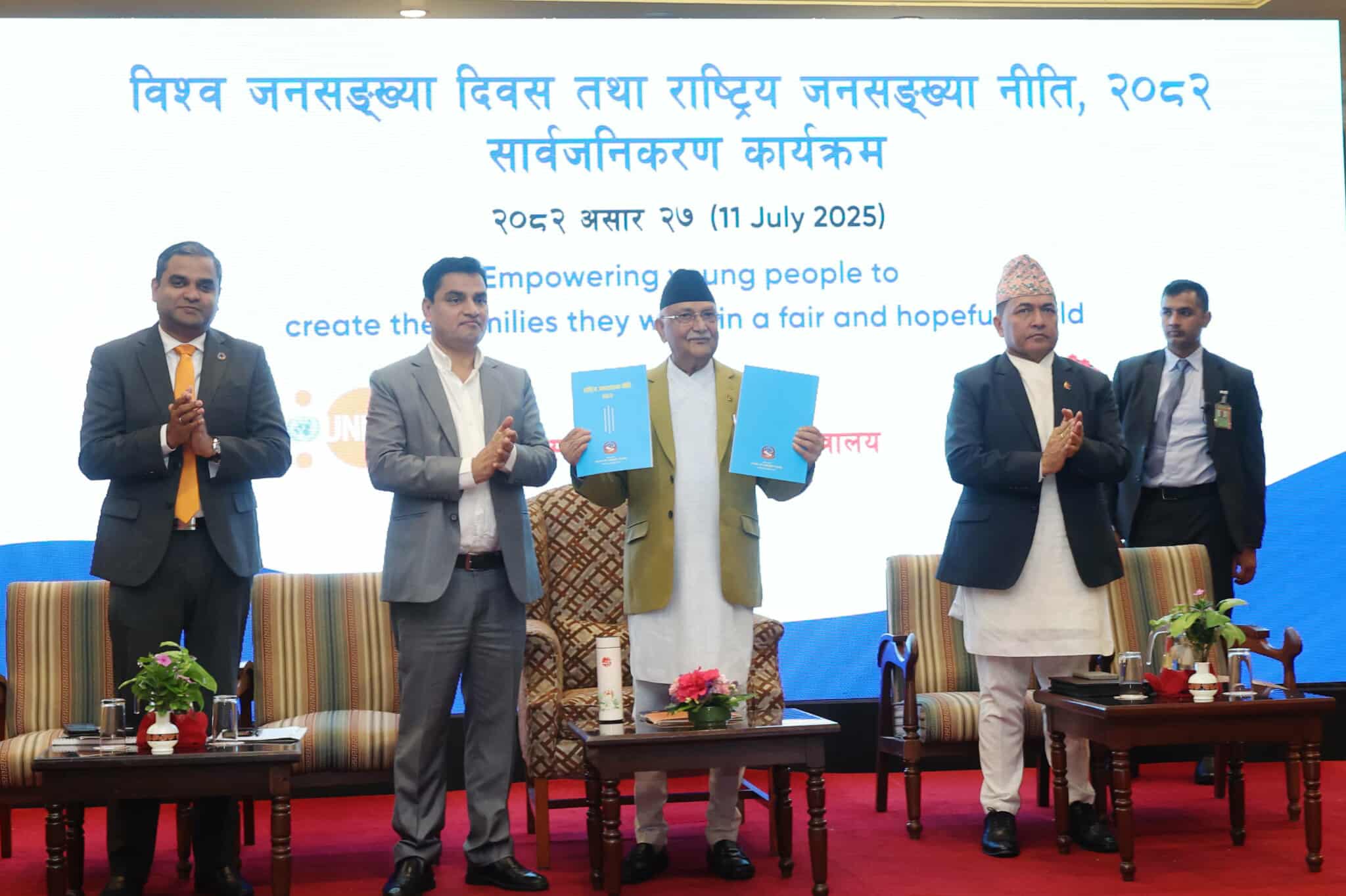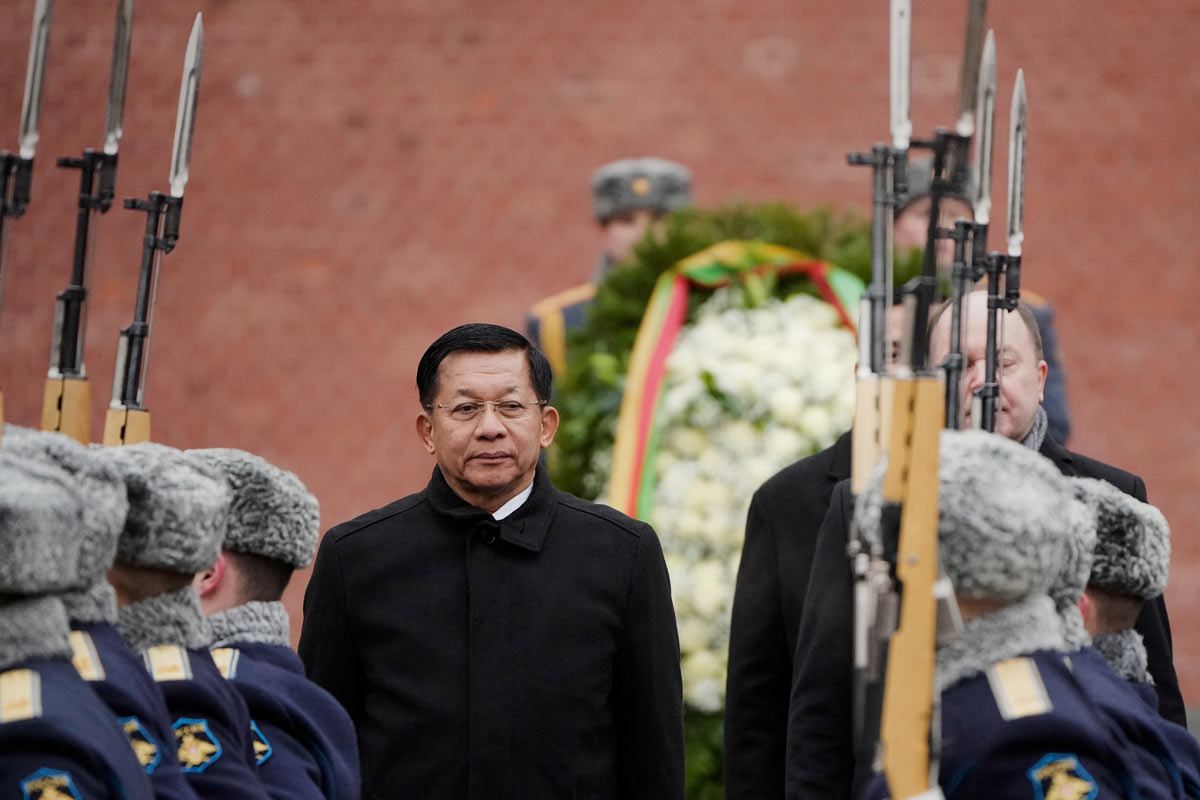(Turkish Minute): Turkey has fined Adidas more than $15,000 for failing to disclose that pigskin was used in its popular "Samba OG" shoe line. Given that the majority of the population is Muslim, the company's marketing of the shoes as "real leather" without disclosing that the material came from pigs is what led to the fine. The trainers, that Kendall Jenner and Bella Hadid wore, were being investigated due to their materials.
Commercials and product descriptions must clearly disclose any product made using materials that are contrary to the religious views of the vast majority of Turkish society, according to a rule issued by the country's advertising commission. This decision resulted in Adidas being fined 550,059 Turkish lira, or approximately $15,200.
Adidas acknowledged the issue and revealed that, in reaction to the fine, it had updated the product description on its Turkish website. However, the company did not immediately comment on the fine. Adidas responded to the notification by updating the product's material standards, the company told AFP in a statement.
The production of shoes or garments from pigskin or pigskin hair was previously deemed unacceptable by Turkey's Presidency of Religious Affairs in 2020. The religious organization clarified that almost all Muslim experts concur that pigskin is incompatible with Islamic teachings because it cannot be cleaned by tanning or other such techniques.
The Turkish authorities sued Adidas, claiming that the company had been remiss in stating that the "real leather" in its Samba OG sneakers was actually made of pigskin. The fines imposed upon the corporation for not making this distinction demonstrate to what degree companies must consider cultural and religious factors when marketing to various regions.
"Samba OG" sneakers having attracted the attention of significant models and influencers could lay effects on a heavy market base. The issue of the materials declaration clashed with Adidas with the Turkish market, which has specific laws regarding the usage of animal products that are against Islamic law.
Adidas quickly updated its product descriptions to ensure compliance with local standards after this sanction. This incident highlights the new demand for greater transparency in advertising, especially in areas with different cultural and religious sensitivities, and warns corporations to consider local sensitivities when marketing internationally.cers Association of Nepal (IPPAN), he underscored the importance of this agreement, which he had signed while serving as Prime Minister during his official visit to India.
According to Dahal, "More prosperity would come to Nepal with hydropower generation and cross-border electricity trade," thus he referred to the deal as an important leap in the economic development of the country. He stressed that he was viewing the agreement as an important turning point for Nepal's future and that it was the outcome of a lot of effort.
He said that the deal commits Nepal to providing 10,000 megawatts of electricity to India over the next decade and permits Nepal to export electricity to Bangladesh via India. He also highlighted Nepal's larger goal for regional energy commerce by stating that talks are still going on about exporting electricity to China.
Dahal stated that maximizing the potential offered by these agreements requires boosting hydropower production. Nepal would find it difficult to fulfill its obligations to its neighbors unless there is a significant increase in electricity output.
He asked all parties involved to concentrate on effectively carrying out the agreement so that Nepal's electricity supply may reach Bangladesh via India as scheduled. He also reaffirmed Nepal's commitment to transport 10,000 megawatts of electricity to India in the next decade.
Dahal stated that in addition to India and Bangladesh, it is necessary to investigate electricity trade with China, noting that regional collaboration in the energy industry may assist Nepal's economy in the long run.
The new trilateral agreement heralds the opening of a new chapter in Nepal's energy diplomacy and foresees additional avenues for cooperation with other neighboring nations. The place of Nepal within the regional electrical market is set to increase, and economic ties with Bangladesh, India, and, perhaps, China are set to be fortified.
However, Dahal acknowledged that significant government support, infrastructure development, and strategic investments are necessary for the deal to be implemented successfully. Nepal must have dependable power generation and transmission capabilities if it is to play a significant role in the regional electricity trade.
You May Also Like: Google Maps Renames 'Gulf of Mexico' to 'Gulf of America' in U.S.












.jpg)
.jpeg)

.jpg)
-(1).jpg)
.jpg)
.jpg)
.jpg)
.jpeg)

.jpg)
.jpg)

.jpg)
.jpg)
.jpg)
.jpg)

